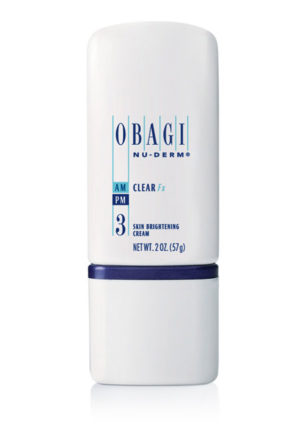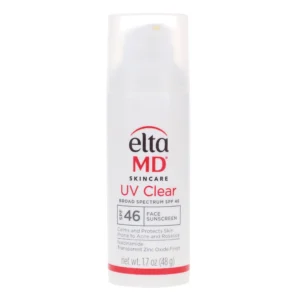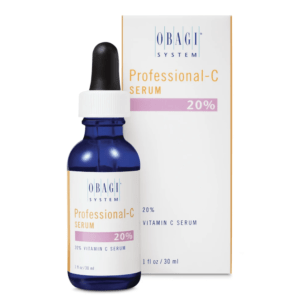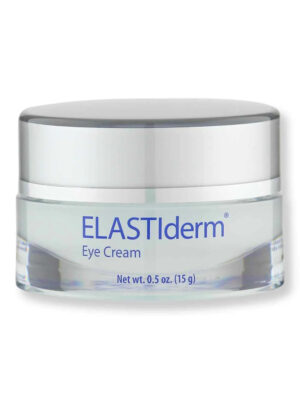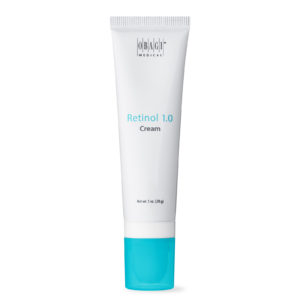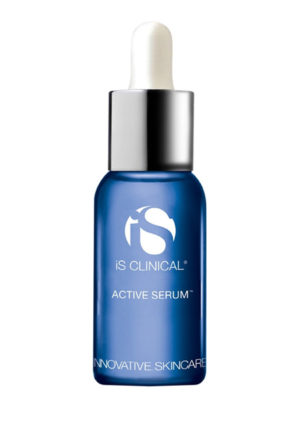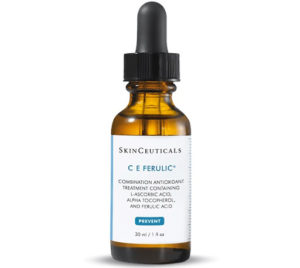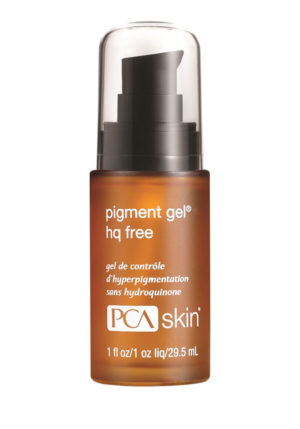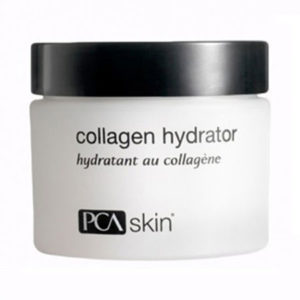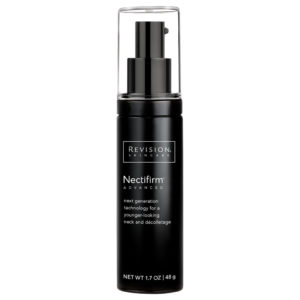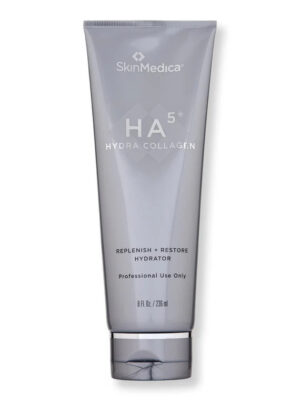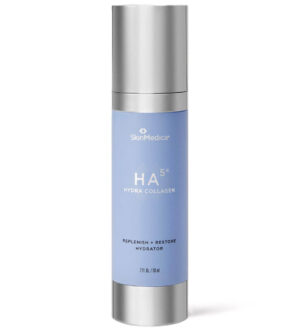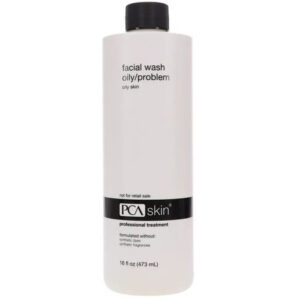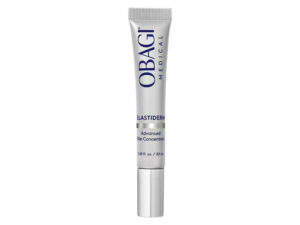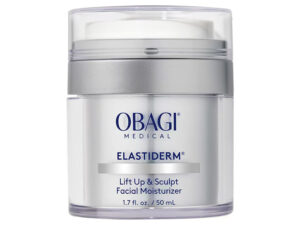 Eczema and psoriasis are some of the most challenging skin conditions encountered by skin care professionals. Often, there will simply be a little red rash on the skin and you may be left scratching your own head trying to figure out how it came to be. Up to 20% of the world’s children suffer from eczema I and II, and up to 3% of adults suffer from either eczema or psoriasis III Given that the world population just reached the 7 billion mark, that’s a lot of people!
Eczema and psoriasis are some of the most challenging skin conditions encountered by skin care professionals. Often, there will simply be a little red rash on the skin and you may be left scratching your own head trying to figure out how it came to be. Up to 20% of the world’s children suffer from eczema I and II, and up to 3% of adults suffer from either eczema or psoriasis III Given that the world population just reached the 7 billion mark, that’s a lot of people!
The truth is, it isn’t known exactly what causes eczema or psoriasis. The good news is, more and more is being learned about these inflammatory skin diseases and strategies are being developed to effectively manage their symptoms. It is important to note that neither condition is contagious, nor are they infections; and they aren’t transmitted by physical contact or exposure. The origins of eczema and psoriasis are genetic. However, the triggers that cause their distressing and visible symptoms may include stress and environmental factors. Eczema and psoriasis create impaired barrier functions and increased inflammation, so “your goal will be to protect and repair,” explains Dr. Claudia C. Aguirre of Skin Inc. Magazine. “Remember to always check first with your physician for contraindications to medications and therapies, because some ingredients may counteract each other. For example, salicylic acid may seem a likely choice for exfoliating psoriatic skin, but could in fact, inactivate a common topical treatment for psoriasis,” she warns.
Gentle cleansing and exfoliation is crucial to allow the penetration of rich, emollient moisturizers used on dry, sensitive skin. Use anti-inflammatory ingredients, such as red hogweed, ginger, oats and chamomile, coupled with barrier-repairing oils, including evening primrose, borage, argan and sea buckthorn. Try PCA Skin Dry Skin Relief Bar pHaze 10, ideal for cleansing dry or more sensitive skin. We recommend PCA Skin ReBalance pHaze 17, for its ability to help soothe reddened or irritated skin. Or try iS Clinical Body Complex, to help soothe even the most compromised skin conditions with natural acids, Retinol, Vitamin B5 and other soothing antioxidants. Avoid harsh exfoliants and detergents, and look for ingredients, such as lactic acid. Finishing a treatment with a physical sunscreen, such as zinc oxide or titanium dioxide will ensure that harmful UV rays do not cause further damage. Try Cellex-C Sun Care SPF 30 Plus — silky-smooth and PABA-free, it provides light moisture in combination with photo-aging protection.
Light therapy is another management option for those suffering from psoriasis and eczema. Light therapy is known for its ability to promote blood flow and decrease inflammation. These benefits help to diminish and lighten the redness often associated with eczema and psoriasis. Try Bio Red Light LED Therapy — a non-invasive, at-home light therapy device. It encourages natural cell renewal without requiring down time for healing, making it perfect for those with a busy lifestyle.
There is no cure for eczema or psoriasis, but there are ways to manage symptoms. Although eczema and psoriasis are clinically distinct from one another, they do share some common features that may can addressed in the treatment room and at home. For more information on the treatment and management of eczema or psoriasis, visit SkinInc.com or ask your physician.


Bio Light LED Therapy Red
skinmedix.com

PCA Skin Dry Skin Relief Bar pHaze 10
skinmedix.com

PCA Skin ReBalance pHaze 17
skinmedix.com


Cellex-C Sun Care SPF 30+
skinmedix.com
![]()

 Eczema and psoriasis are some of the most challenging skin conditions encountered by skin care professionals. Often, there will simply be a little red rash on the skin and you may be left scratching your own head trying to figure out how it came to be. Up to 20% of the world’s children suffer from eczema I and II, and up to 3% of adults suffer from either eczema or psoriasis III Given that the world population just reached the 7 billion mark, that’s a lot of people!
Eczema and psoriasis are some of the most challenging skin conditions encountered by skin care professionals. Often, there will simply be a little red rash on the skin and you may be left scratching your own head trying to figure out how it came to be. Up to 20% of the world’s children suffer from eczema I and II, and up to 3% of adults suffer from either eczema or psoriasis III Given that the world population just reached the 7 billion mark, that’s a lot of people!





